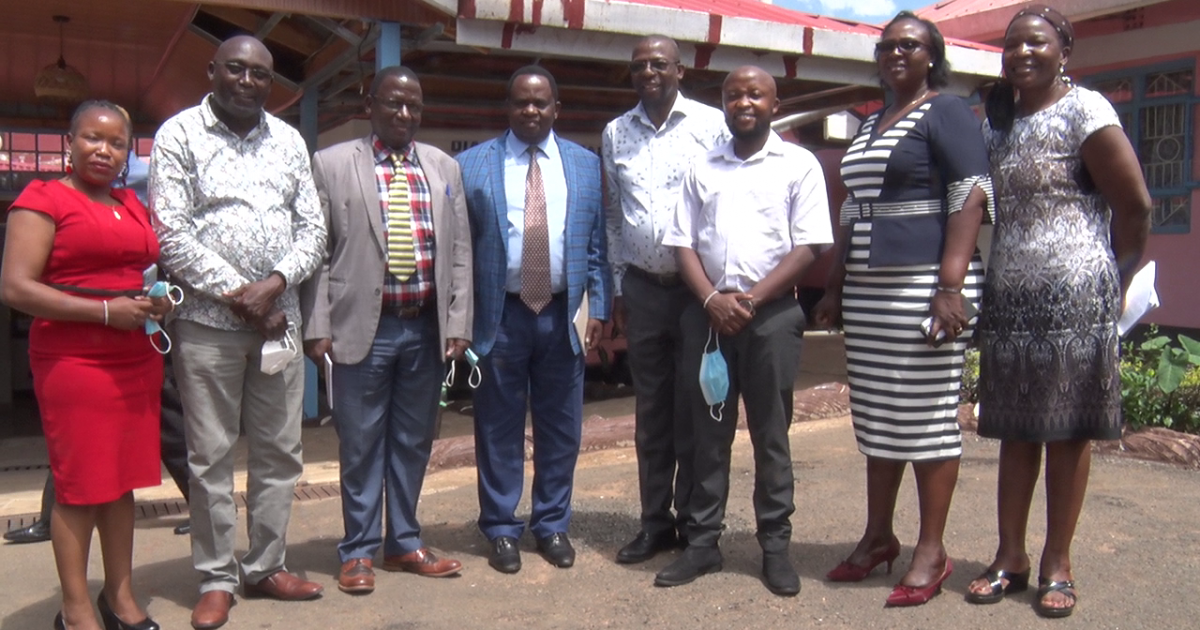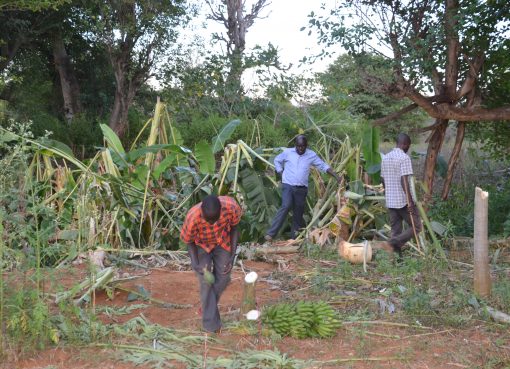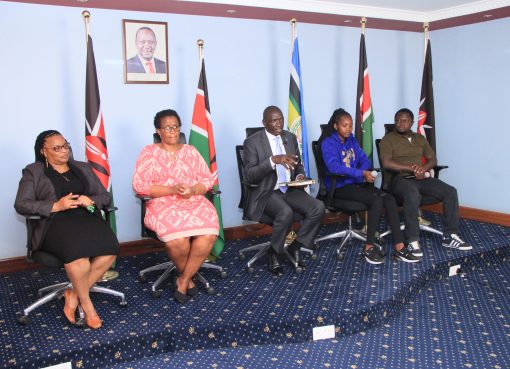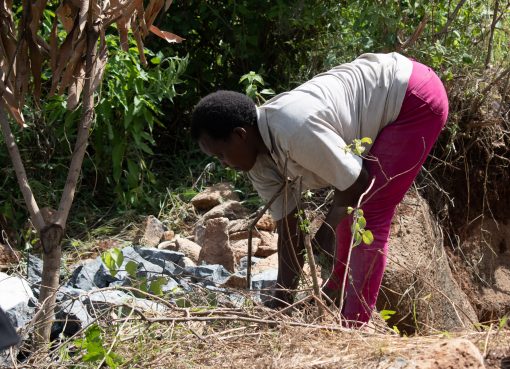Kakamega residents and those in four other counties in Kenya will undergo training on how to conduct social accountability for National and County government’s development projects.
Part of the training will include how to use social audits and scorecards to rate the progress of development projects.
The training which will be undertaken by the Institute of Public Finance Kenya (IPFK) will also benefit residents of Nairobi, Kisumu and Kwale.
Social audit is a monitoring exercise used to assess the progress of development programmes with people’s participation while community score card is a citizen driven accountability approach for the assessment, planning, monitoring and evaluation of public services.
The social accountability training which will be conducted next year, is part of IPFK initiatives to build the capacity of Community of Practice (CoPs) comprising of Civil Society Organisations (CSOs) around Civic space, donor dependency, symmetrical power relations and upwards accountability.
Apart from social accountability training, IPFK with other partners through the Sauti ya Bajeti Mashinani also seeks to strengthen the capacity of CoPs including the marginalised groups and the private sector to engage county governments in the budgeting processes to influence development priorities.
Other initiatives include promoting collaboration between county governments, CSOs and private sector in formulation of budget priorities and enhancing the CSOs capacity to lobby and carry out advocacy to promote accountability in service delivery.
Sauti ya Bajeti Mashinani is a five-year project funded by the Netherlands Ministry of Foreign Affairs under the Power of Voices (PoV) funding scheme.
Kenyan consortium partners in the project include Kenya Community Development Foundations (KCDF), The East African Philanthropy Foundation (EAPN), Civil Society Reference Groups (CSRG) and IPFK.
Speaking in Kakamega during a training for CSOs and other stakeholders, IPFK Project Officer Mulwa Kasangya, lauded the County Government of Kakamega for publishing budget documents timely.
“I also challenge the County Government that although they are doing good with on source revenue collection at 52 per cent, it still compromises on service delivery and completion of development projects,” he said.
The training also brought on board Members of County Assembly (MCAs) representing the Finance and Economic Planning and the Budget and appropriation committees who welcomed partnerships with IPFK.
The Chair for Budget and appropriation committee in Kakamega County Assembly, Willis Obuka, who is the MCA for Marama South Ward in Butere Sub County, said from the training by IPFK they have realised they were missing on source revenue collection.
He said the County Government is now on course to set systems in place and servers in addition to hiring more revenue officers to seal loopholes that were leading to loss of revenue collection.
With the move, Obuka said the County Government targets to be collecting Sh2.1billion revenue in the coming years.
“The current revenue collection stands at Sh1.1billion annually a rise from Sh400 Million that was being collected by the County Government in 2013,” he noted.
Shirere Ward MCA, David Igunza, who is also the Chair for Finance and Economic planning in the County Assembly said the assembly has put structures in place to improve on revenue collection and budget making processes.
He said they ensure strict adherence to the County Integrated Development Plans (CIDP), the Annual Development Plans (ADP) and the Finance Bills. “These are documents that guide us daily,” he added.
One of the participants representing men’s and traditions against HIV/AIDs organisation, Getrude Masheti, said that after being trained, she will actively participate in budget making processes as part of decision makers in government development projects.
By Moses Wekesa





